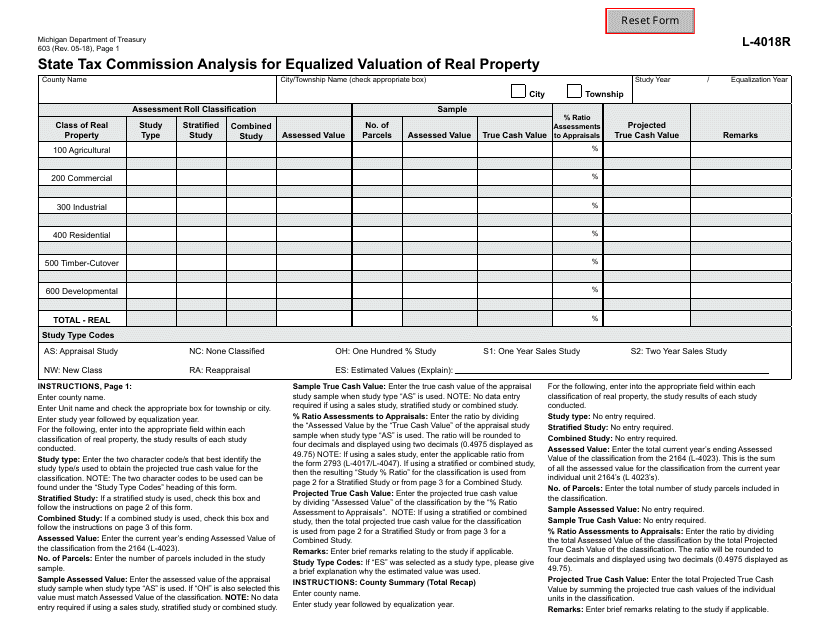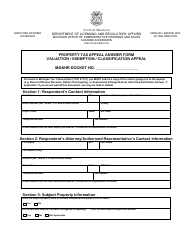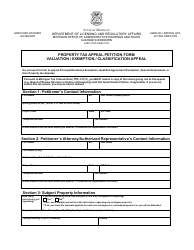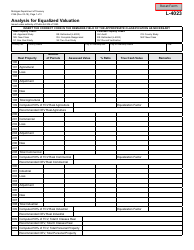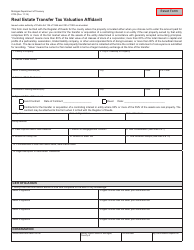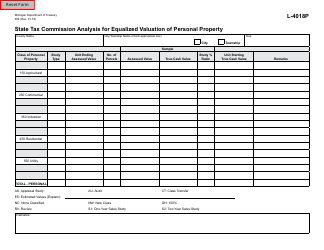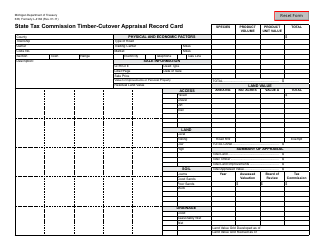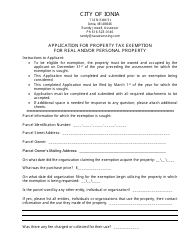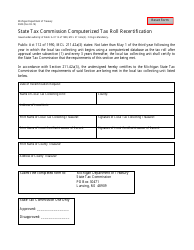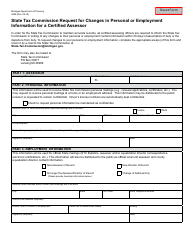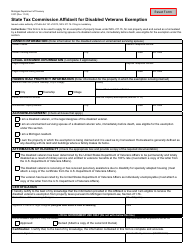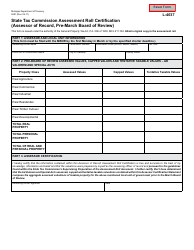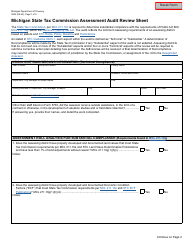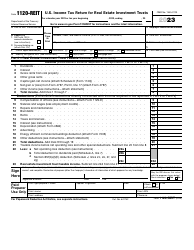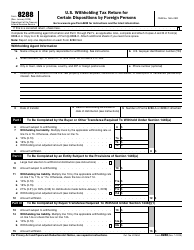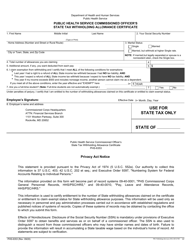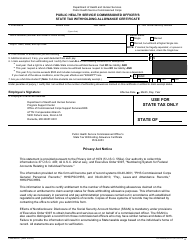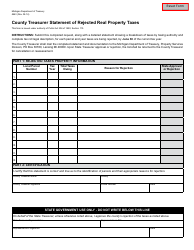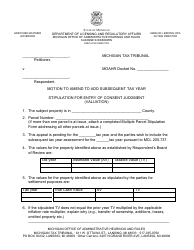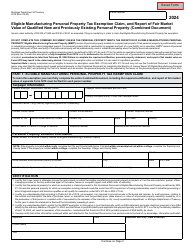Form 603 State Tax Commission Analysis for Equalized Valuation of Real Property - Michigan
What Is Form 603?
This is a legal form that was released by the Michigan Department of Treasury - a government authority operating within Michigan. As of today, no separate filing guidelines for the form are provided by the issuing department.
FAQ
Q: What is Form 603?
A: Form 603 is an analysis conducted by the State Tax Commission for the equalized valuation of real property in Michigan.
Q: Who is responsible for conducting the analysis?
A: The State Tax Commission is responsible for conducting the analysis.
Q: What is the purpose of the analysis?
A: The analysis is conducted to determine the equalized valuation of real property in Michigan.
Q: What does 'equalized valuation' mean?
A: Equalized valuation refers to the value assigned to real property after taking into account factors such as market conditions and property characteristics.
Q: How is the equalized valuation determined?
A: The equalized valuation is determined by applying a specific formula, which takes into account various factors such as sales ratio studies and property assessments.
Q: Why is it important to determine the equalized valuation?
A: Determining the equalized valuation is important as it ensures fair and equitable distribution of property taxes among different jurisdictions in Michigan.
Q: Who can access Form 603?
A: Form 603 is a public document and can be accessed by anyone who wishes to review the analysis conducted by the State Tax Commission.
Q: What other information is included in Form 603?
A: Form 603 includes details such as the assessed value of real property, sales ratio studies, and any adjustments made to the equalized valuation.
Form Details:
- Released on May 1, 2018;
- The latest edition provided by the Michigan Department of Treasury;
- Easy to use and ready to print;
- Quick to customize;
- Compatible with most PDF-viewing applications;
- Fill out the form in our online filing application.
Download a fillable version of Form 603 by clicking the link below or browse more documents and templates provided by the Michigan Department of Treasury.
